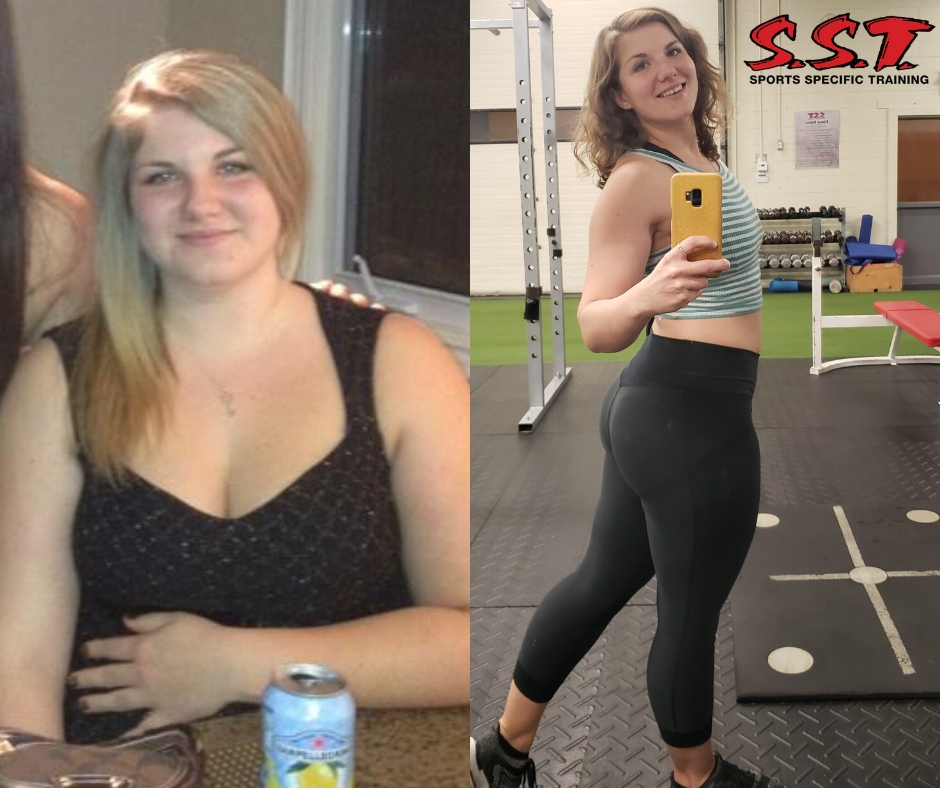Most people set resolutions and most people unfortunately don’t achieve them. So, we thought we could help with that. Failure has nothing to do with willpower or lack of effort. It has to do with things that you can readily change in how you approach resolutions.
- Set intentions instead of “musts.”. Resolutions tend to come with a “have to,” and we naturally rebel against that type of thinking. That way an intention is an aim or direction in which we are moving and therefore we have steps to take instead of being push forward.
- Connect with your “why.” When we have an intention that is a deep desire and we can identify and stay connected to that WHY, it makes for meaningful and achievable resolutions that create happiness in our lives. This may be anything from losing weight to quitting smoking, I few don’t see why, then it’s easier to abandon the goal.
- Get out of your own way. Just setting an intention isn’t enough if deep down you don’t think you can accomplish it in the first place, according to John Duffy, Ph.D, clinical psychologist, “Perhaps the biggest misconception is that a good intention can overcome lifelong habits of thought and behavior.” This means “clearing up any negative thought patterns we carry about ourselves, or our capacity for change.”
So how can you get out of your own way?
First, according to John Duffy, it’s important to understand how negative thoughts “drive our beliefs and behaviors.” To do this, keep a journal of both your negative and positive thoughts throughout the day along with the behavior that followed. “We typically find that positive, internal ‘self-talk’ drives positive behavior, and that the opposite is true for negative self-talk,” he said.
Then, replace negative thoughts with positive ones. Negative thoughts are rarely accurate and only serve to sabotage us. Duffy helps his clients either to embrace positive thoughts or to “fake it ‘til they make it,” as he puts it. He also suggested Dyer’s Excuses Begone! to help readers with changing their thoughts. If you’re still struggling, consider seeing a cognitive-behavioral therapist or life coach, Duffy said.
Everyone’s perception is their own reality and its important we take care of our thoughts to ensure our perception isn’t skewed by self-doubt or other negative thoughts we collect in our minds eye.
4. Set goals that are in line with your values. A “strong resolution with a solid chance for success bridges that gap between values and action,” according to Duffy. So first identify your core values, he said. Take your top five and use them to create a personal mission statement. Then set your New Year’s goals based on that statement.
An example: “To participate in enjoyable physical activities three times weekly in order to feel strong, boost my mood and improve my overall sense of health and wellbeing.”
5.Ditch deprivation. People tend to approach New Year’s resolutions from a place of deprivation, restriction and punishment. The quintessential example is wanting to lose weight. People turn to diets or difficult-to-maintain intense exercise schedules — both of which are the antithesis of lasting habits. Changes to our eating and exercise habits will always require effort and dedication, however we also shouldn’t make it harder for ourselves than it already is!
6. Chop up each goal. Big goals are overwhelming, so sit down and consider the “ridiculously easy mini-steps” that you can take, Jordan said. Make sure they’re “reasonable and attainable,” Duffy said.
Check in with yourself and set weekly intentions, then asses them at the end of each week. When you are making your assessments, be as kind and compassionate with yourself as you would allow for others. Acknowledge what went wrong but also celebrate your success. Then set your next week’s intentions.
7.Create a goal-friendly environment. A common hurdle in accomplishing our goals is creating the settings and circumstances that cultivate them, according to Duffy, who also explained that “a resolution that results in real change requires a shift in priorities.” In other words, if your want to be healthier, stronger and have e better sense of wellness, then you need to prioritize self-care, do the prep work to set yourself up for success (like meal planning and buying groceries to avoid eating out) or even making sure someone is home to take care of the kids while you go to the gym.
New Year’s goals get a bad rap mostly because we set restrictive resolutions that don’t honor our values or ourselves. We set resolutions hastily, minutes before the ball drops, without considering what we truly want. This year let the above tips help you create nourishing, positive and lasting goals.
References:
Tartakovsky, M. (2018). 10 Tips for Setting Successful Resolutions That Stick. Psych Central. https://psychcentral.com/lib/10-tips-for-setting-successful-resolutions-that-stick/










